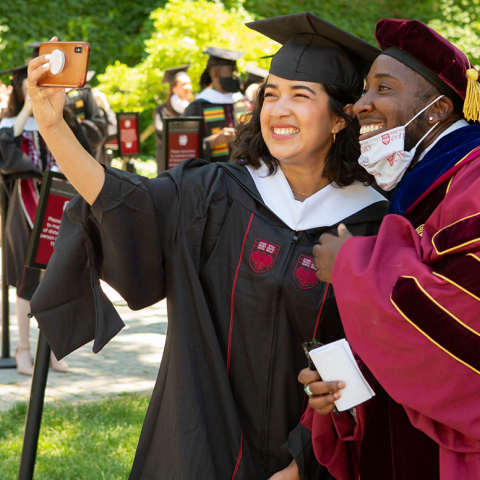


In 2018, they were elected to the American Academy of Arts and Sciences.īerlant was passionately committed to open discourse, often writing “What would it mean to have that thought?” on their arm during teaching sessions. A prolific contributor to an array of publications, including Artforum, Atlantis, Contemporary Literary Criticism, Cultural Anthropology, the Minnesota Review, and Public Culture, they received numerous awards over their career, including in recent years a Guggenheim Fellowship and the René Wellek Prize of the American Comparative Literature Association. Berlant was an outstanding editor, lending their touch to compendiums titled Intimacy (2001) and Compassion (2004) as well as to Our Monica, Ourselves: The Clinton Affair and the National Interest (2001), which they coedited with Lisa Duggan. “A relation of cruel optimism,” Berlant wrote, “is a double-bind in which your attachment to an object sustains you in life at the same time as that object is actually a threat to your flourishing.” In painting the promise of neoliberalism-better job, better house, better car-as eternally unachievable but constantly held out and thus unendingly sought, they forecast the politics of grievance that led to the election of Donald Trump.Ī coeditor of and regular contributor to Critical Inquiry, Berlant authored Sex and Love (2012) Sex, or the Unbearable (2014), with Lee Edelman and, with Australian writer Kathleen Stewart, 2019’s The Hundreds, a hundred brief essays on ordinary encounters seen in the light of affect theory.

In the wake of the following two volumes completing the trilogy- The Queen of America Goes to Washington City: Essays on Sex and Citizenship (1997) and The Female Complaint: The Unfinished Business of Sentimentality in American Culture (2008)-Berlant turned their attention to neoliberalism and the American Dream, the pursuit of which they cast as “Sisyphean” and ultimately destructive. “I was poor and you had to start paying back loans if you took time off,” Berlant said of their straight path through college, which they described as “suboptimal,” adding, “But I had had another life during high school living on communes, so I wasn’t leaving home for the first time when I went to college.”īerlant’s PhD thesis, “Executing the Love Plot: Hawthorne and the Romance of Power,” would go on to be the basis of their first book, 1991’s T he Anatomy of National Fantasy: Hawthorne, Utopia and Everyday Life, itself the initial entry in Berlant’s critically acclaimed “national sentimentality” trilogy, which investigates the unconscious, emotional decisions and attachments we make that form our national identity.

Pullman Distinguished Service Professor of English at the University of Chicago, Berlant wrote widely on the topic of human belonging in the world, which they saw as molded by affect and emotion rather than by rational thought, and in their hugely influential Cruel Optimism (2011) harnessed affect theory to neoliberalism, anticipating the rise of the social-media-driven politics that would shape the following decade.īorn in Philadelphia in 1957, Berlant obtained their BA in English from Oberlin University in 1979, their MA from Cornell University in 1983, and their PhD from the same institution two years later, after they had already begun teaching at the University of Chicago. The news was announced by Duke University Press. Lauren Berlant, a profoundly influential American scholar and cultural critic known for their rigorous and playful explorations of intimacy, citizenship, and affect, died June 28 at the age of sixty-three from cancer.


 0 kommentar(er)
0 kommentar(er)
